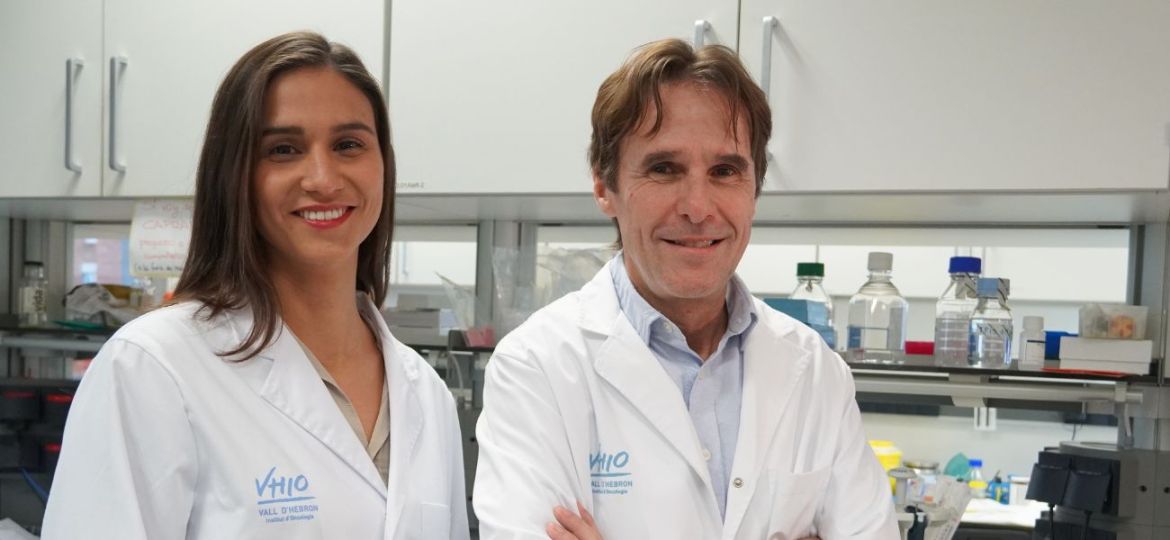By The Endocrine Society
The findings suggest stem cell-based replacement therapy has the potential to manage blood sugar levels and may eventually replace the requirement for external insulin injections or dosing.
Stem-cell therapy has promise in the treatment of high-risk type 1 diabetes.
A clinical study presented at ENDO 2022, the Endocrine Society’s annual meeting in Atlanta, Georgia, suggests that an investigational stem cell-based therapy called PEC-Direct, intended to function as a replacement pancreas, has the potential to provide blood sugar control in patients with high-risk type 1 diabetes.
The research discovered that numerous individuals receiving the new treatment showed clinically significant increases in C-peptide, a substance produced in the pancreas alongside insulin. Measuring C-peptide can reveal how much insulin the body is producing since they are both released from the pancreas at the same time and in similar quantities.
“This research represents the first instance in multiple patients of clinically relevant increases in C-peptide, indicative of insulin production, with a stem cell-based therapy delivered in a device,” according to Manasi Sinha Jaiman, M.D., M.P.H., Chief Medical Officer of ViaCyte, Inc., in San Diego, Calif., the company that makes PEC-Direct.




